Transport at a crossroads as strikes hit London
- Published
- comments
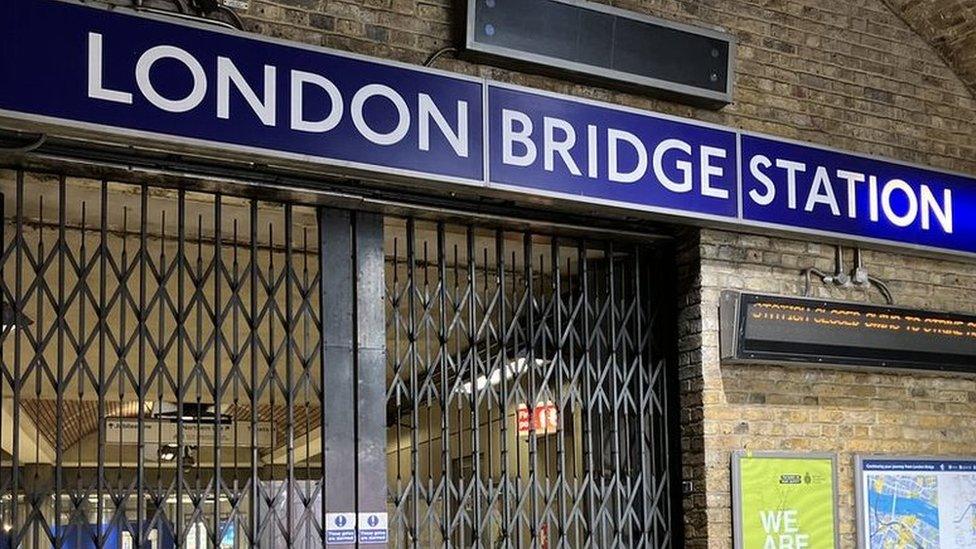
London has already faced three 24-hour Tube strikes this year
A Tube strike is bad enough on its own, but combine it with a rail strike and you can see why it is expected to be the largest strike since 1989.
Disruption this week will be huge. So why are there strikes?
At the heart of both of these disputes is the government wanting both Transport for London (TfL) and Network Rail to change and make savings.
That will involve cuts and changes to working practices.
Why are savings necessary? The government says the impact of the pandemic means transport needs to reshape itself to deal with the new reality.
Rail
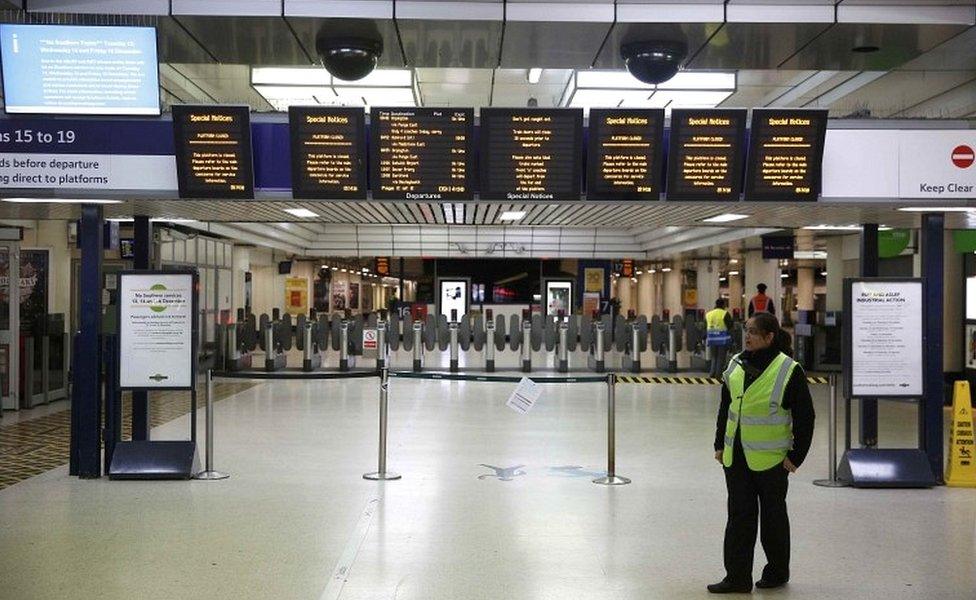
The government claims a wider shift towards working from home has resulted in about "25% fewer ticket sales" on trains.
It also says the taxpayer has had to step in to keep the railways running "at a cost of £16bn, equivalent to £600 per household".
However, the modernising agenda on the railways is not new and has been going on for many years.
Just look at what the government tried to do on Southern Trains in 2016 by removing the guard and getting the driver to close the doors.
There were many, many strikes, and eventually commuters could not rely on Southern for a service.
Other transport commentators also say the reduction in passenger numbers is a red herring, with numbers having returned to somewhere near pre-pandemic levels.
Coupled into this dispute on the trains is the demand by unions for a pay rise.
The rail industry is essentially nationalised at the moment, as franchises have gone and rail operators are paid a 2% fee to run trains on National Rail contracts.
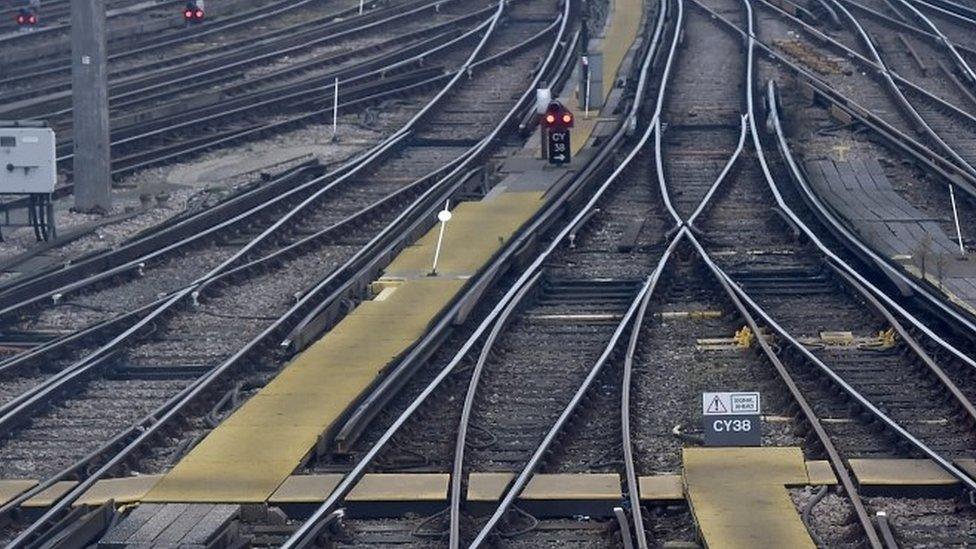
Any pay rises will have to be agreed with the Treasury, but government-owned Network Rail (NR) has been told to reduce its spending by £2bn.
NR wants to modernise working practices and introduce multi-skilled maintenance teams and flexible rostering.
In the background to all this the government is looking to change the rail industry and launch Great British Railways (GBR).
GBR would have a bigger oversight role than NR's maintenance role and will also oversee the contracting of services through concessions.
So the timing from the unions is deliberate and could shape that new organisation and future savings.
Tube
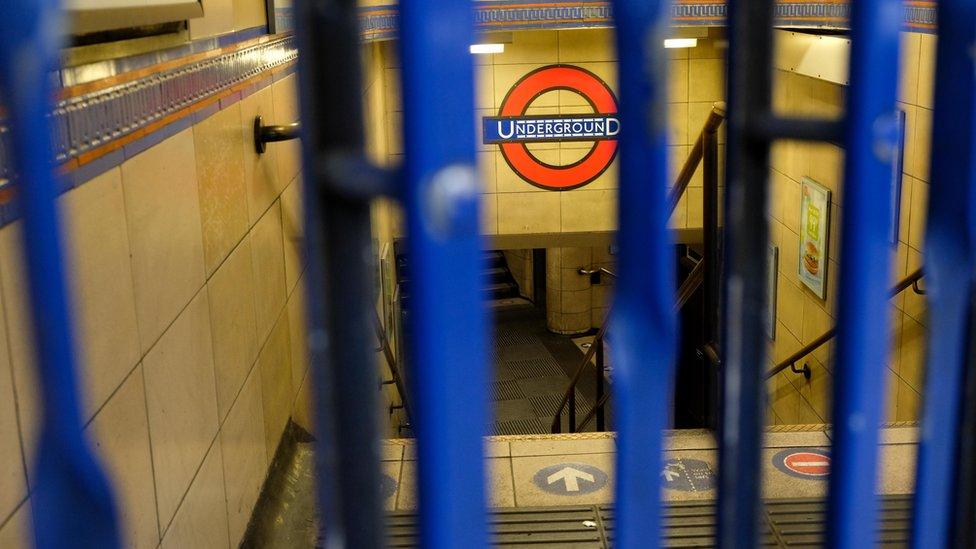
Similarly on the Tube, the government told TfL to make savings of £400m a year as part of its pandemic bailout.
Mayor of London Sadiq Khan agreed to make savings, including reviewing pensions, with TfL currently paying about £360m into the pension fund per year.
Some in government think that the scheme is too expensive and needs to be more "financially sustainable".
TfL also wants to lose 600 posts, which it says can be done through people retiring and leaving, and without compulsory redundancies.
There is a long, long way to go in both these disputes.
The wider picture is that the industry is at crossroads and how it is shaped will depend on how these disputes are resolved.
The warning from history is that the Southern dispute lasted for 18 months.

Follow BBC London on Facebook, external, Twitter , externaland Instagram, external. Send your story ideas to hellobbclondon@bbc.co.uk, external
- Published15 June 2022

- Published9 May 2024

- Published15 June 2022
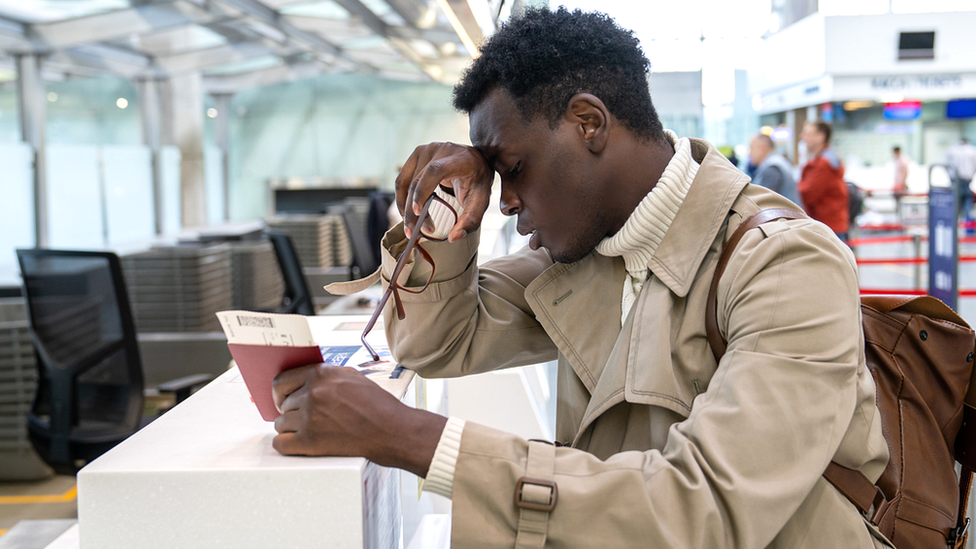
- Published8 June 2022
- Published6 June 2022
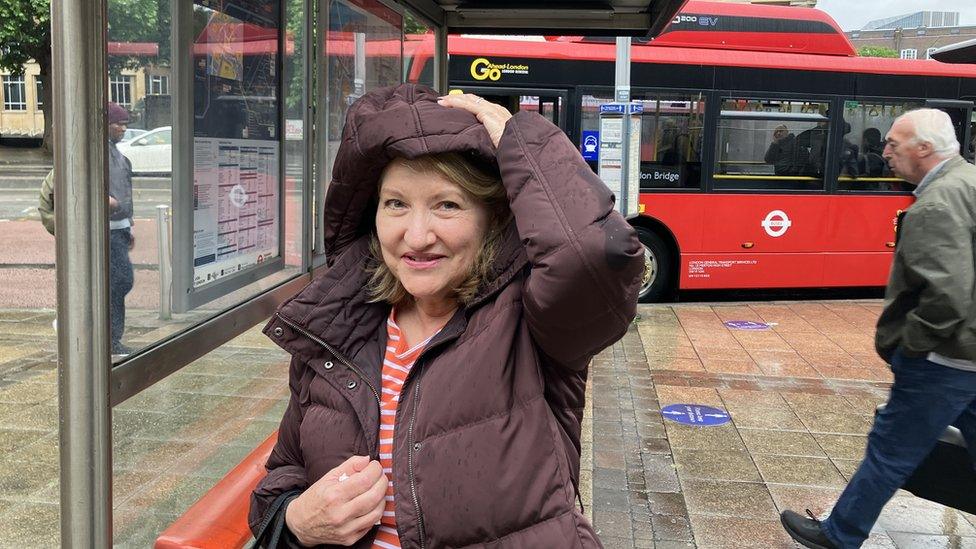
- Published1 March 2022
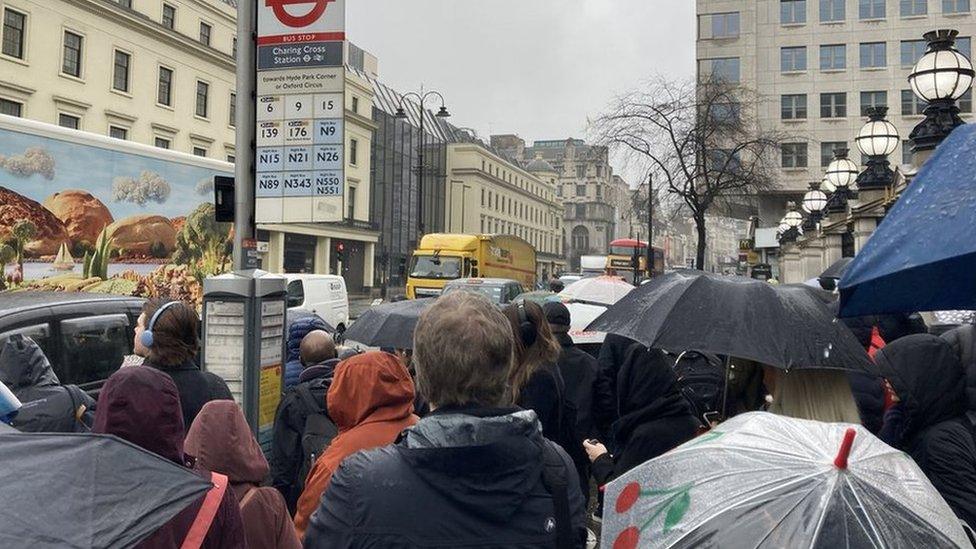
- Published28 February 2022
